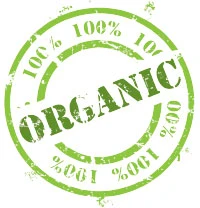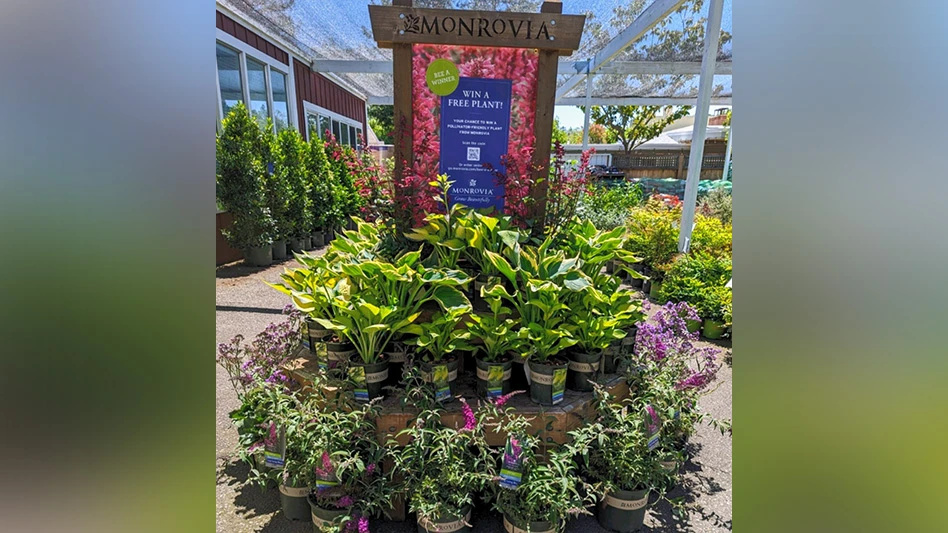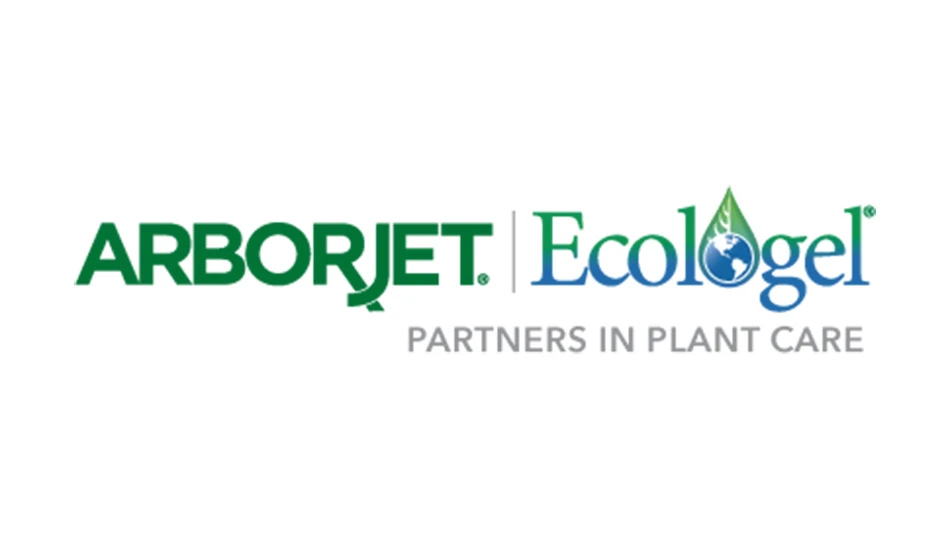
 |
Many garden centers have gone the organic route in the last few years. But what exactly does “organic” mean these days? How do we and our customers sift through all the latest terms and products to make sure our choices are “really” organic? It can be a bit confusing, what with terms like organic, sustainable, natural, eco-friendly, green, transitional and the like used interchangeably as common marketing terms.
Just what is organic?
Traditionally, something that is “organic” will be made up of carbon based matter that does not include any synthetic ingredients. Meaning, the product was derived only from animal or plant material. Fertilizers, soil amendments and other garden products such as bloodmeal, bonemeal or mushroom compost that contain organic carbon-based matter, with no synthetic ingredients, would be considered organic.
When it comes to fertilizers, there is always a debate about the use of urea. Animal sourced urea and urea-formaldehyde from urine are acceptable in an organic program. Synthetically produced urea, however, is not considered organic. For example, fertilizers that are based on animal manures, worm castings and bat guano would be considered organic. Synthetic urea, even if mixed in a product that also contains organic ingredients, would not be considered an organic fertilizer or acceptable in an organic program. A fertilizer product like rock phosphate would also not be considered organic, because it is not carbon based.
"Natural" vs. "organic"
However, many organic gardening programs have evolved to include what we call “natural” products. Rock phosphate is used as an addition to fertilizers and iron phosphate as a natural pest control. While these products are based on non-carbon based chemical compounds, they are naturally occurring and considered usable within an organic program. Because they’re not compounds that were created in a laboratory setting, and they are safe for your soil, pets and wildlife, we call them “natural.” It is now acceptable and common to see products like this offered in a garden center’s organic section. You and your staff should know how to explain to customers that while the product may not fit a chemist’s definition of “organic,” because it does not contain carbon, they can still confidently use them in their organic gardening program.
The same goes for products like insecticidal soap, Neem oil or copper fungicides. While not “organic” because they are not carbon based, they are natural products that are considered acceptable by most organic gardeners. Just remember that just because something is organic or natural doesn’t mean its non-toxic. Organic and natural pesticides that contain pyrethrins can be quite powerful, even though they are derived from a plant extract.
It's all in the label
You can also rely on the federal labeling program for products. If a product is stamped with the USDA Certified Organic stamp, it means product contains at least 95 percent organically produced and processed ingredients. Fertilizers containing sludge (recycled human waste) may not carry the organic designation, even though some organic gardeners embrace these products. If the product contains 70 percent organic materials, it may be labeled with “Made with Organic Ingredients,” but cannot carry the organic certification stamp.
However, there is no federal regulation for the use of the term “natural,” except for in meat production. So gardening products that use the word “natural” could very well be made up of both organic and synthetic ingredients.
Terms such as “sustainable,” “eco-friendly” or “green” also typically refer to a natural product. As an organic gardener myself, I always ask the question “will this help or hurt my soil?” when evaluating products. Be sure and read the label!
Often, products that contain both organic and natural ingredients will be accepted by some organic gardeners, and not by others. The term “transitional” is often used to describe these hybrid products. For example, a fertilizer that contains 95 percent organic matter and 5 percent rock phosphate or Gypsum could still be labeled as certified organic by the USDA. Hardcore organic gardeners may choose to pass on these products, while many others will use them.
In terms of plants, many growers use organic practices to grow their crops, and you should talk to your growers to get more information. Unless a grower has applied for and received the USDA Certified Organic designation, you really cannot guarantee to your customers that the plants are organically grown. A new “Certified Naturally Grown” designation is emerging as a non-profit alternative for small growers using organic practices but cannot afford the certification process.
Bottom line, you need to know the difference between organic, natural and synthetic ingredients to successfully explain the differences to your customers.
Leslie Finical Halleck owns Halleck Horticultural, through which she provides horticultural marketing, business consulting, social media management and content generation for green industry businesses. Leslie is a Certified Professional Horticulturist (CPH) via ASHS, with more than 20 years of industry experience. For the past eight years she served as General Manager for North Haven Gardens, a well-respected independent garden center in Dallas, Texas. www.lesliehalleck.com

Explore the August 2013 Issue
Check out more from this issue and find your next story to read.
Latest from Garden Center
- This Florida garden center's busiest days are in the fall, not spring. Find out how they do it
- Terra Nova Nurseries releases new agastache variety, 'Peach Pearl'
- The Certified Shopify Online Garden Center provides local retailers with ecommerce tool
- Meet the All-America Selections AAS winners for 2025
- Endless Summer hydrangeas and Suntory Senetti glam up Grammys red carpet
- Ball Seed releases 2025 edition of 'Thrive and Flourish' for landscape and garden retail
- American Floral Endowment's Fred C. Gloeckner Foundation Research Fund accepting grant proposals
- Floral Marketing Fund and CalFlowers partner to advance floral industry





